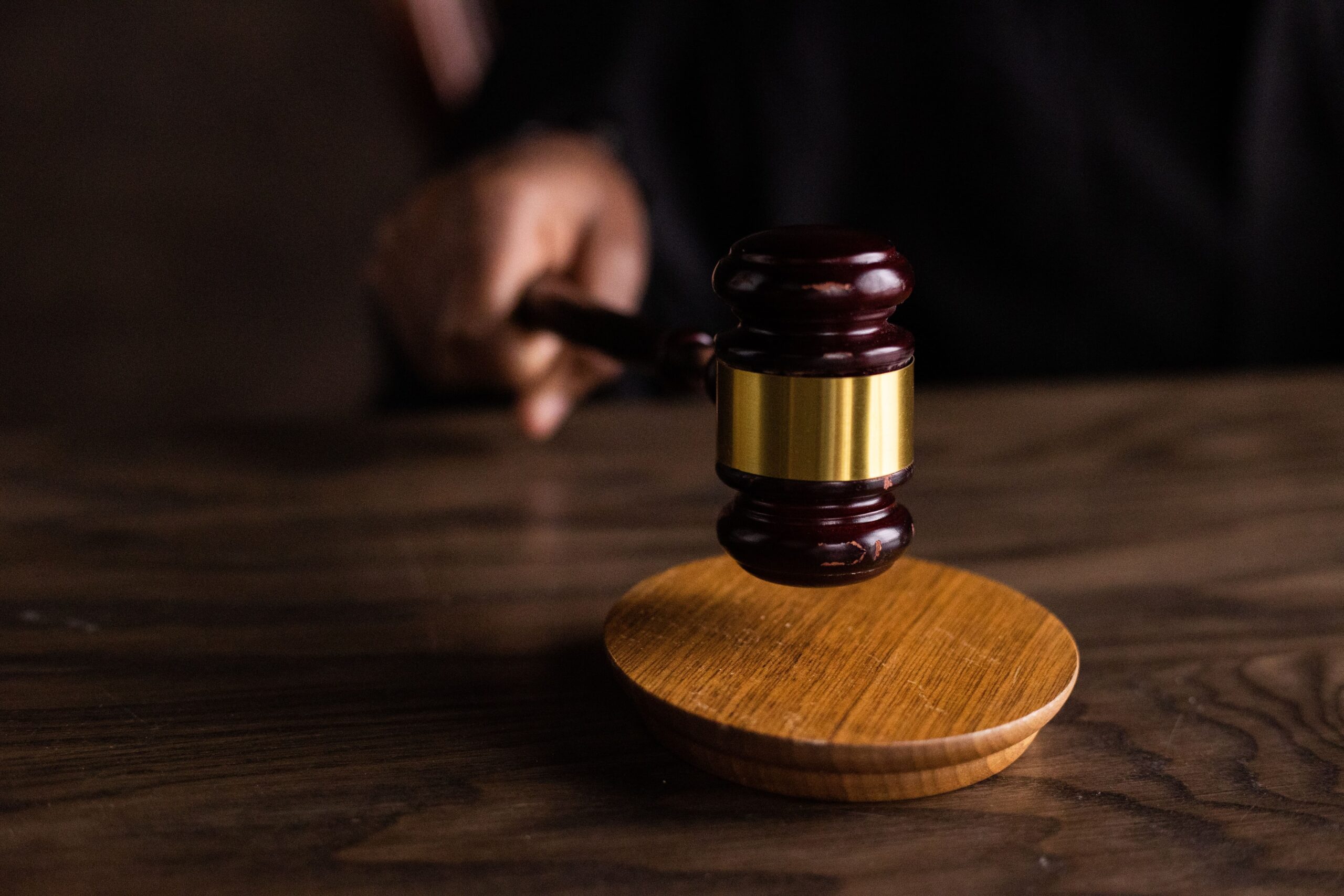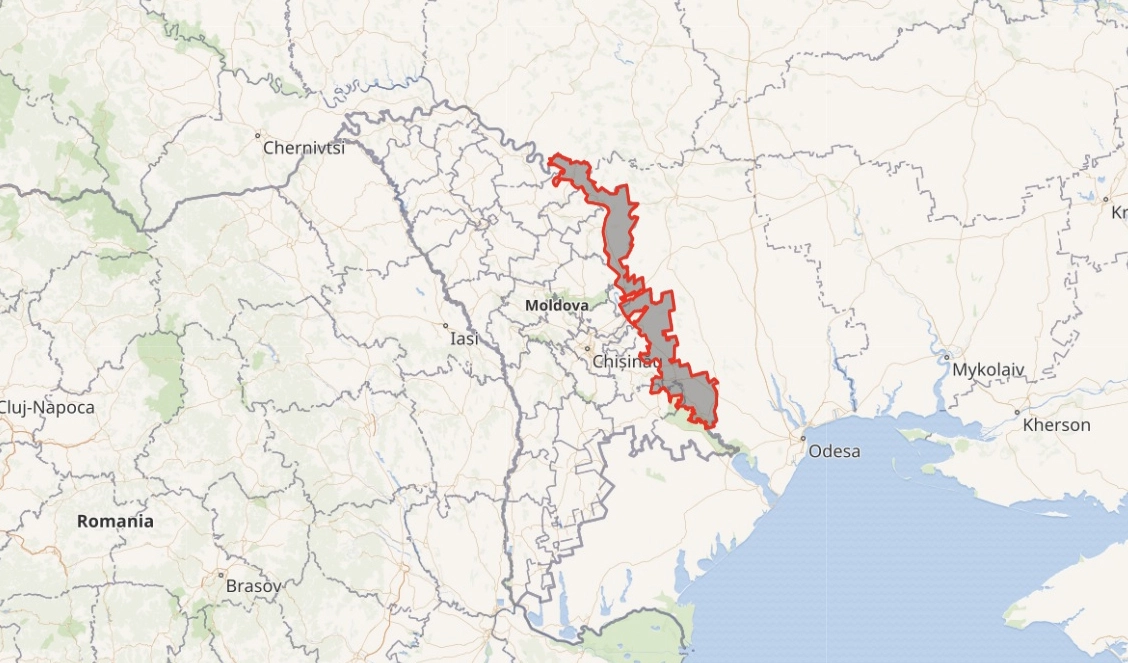
Arbitration in Moldova – General Information
General information about arbitration.
What is Arbitration.
Arbitration is a form of alternative dispute resolution by arbitrators appointed for each particular case (ad hoc arbitration), as well as by permanent arbitration institutions.
Usually by arbitration are resolved disputes between the parties arising from civil legal relations, including property, contractual and non-contractual relations, such as: – sales of goods, services, performance of works etc. – or connected to property, including intellectual.
Who can be an Arbitrator.
Theoretically, can be an arbitrator any individual having full capacity of exercise who has given consent to arbitrate and, according to the parties view, is competent to solve the dispute.
The list of arbitrators is approved by the authority, which created arbitration, in accordance with established procedure and has the nature of the recommendation, because the party may appoint as arbitrator any person meeting the requirements prescribed by law.
Can not be arbitrator a person who:
a) is under the care or custody;
b) has outstanding conviction;
c) has lost the status of a judge, lawyer, notary, prosecutor, officer or employee of law enforcement authorities for commission of acts which are incompatible with professional activities;
d) cannot be elected (appointed) as arbitrator in accordance with the legal status of his positions.
Arbitration Procedure.
Party who consider himself damaged in his right may submit a written claim to the arbitration institution.

If the parties do not agree otherwise, arbitration shall announce the decision within a maximum of six months from the date of its creation.
The parties are free to agree on the place of arbitration.
Failing such agreement, the place of arbitration will be determined by the arbitral institution having regard to the circumstances of the case, including the convenience for the parties.
If the place of arbitration is not determined by parties or arbitral institution, the place of arbitration shall be deemed to be the place designated in the award as the place where the award was made.
The clam shall include:
a) the names, the places of residence or legal addresses of the parties;
b) the name of the person representing the party in dispute;
c) reference to the arbitration agreement;
d) the factual and legal reasons and evidences justifying the claim;
e) the subject and value of dispute, as well as an indication of calculation’s method by which the value was determined;
f) name and address of person appointed as an arbitrator;
g) signature of the party.
Issues submitted to arbitration, must be resolved by adoption of the decision.
The decision shall be remitted to the parties within 10 days from date of issuance.
Arbitral award has the power of a final judgment.
The Costs of Arbitration.
Costs of organizing and conducting the arbitration, the remuneration of arbitrators, costs of the evidence collection, compensation of experts and translators, travel and other expenses are paid according to agreement between the parties.
In the absence of agreement between the parties regarding the coverage of arbitration’s costs, they are imposed to the party who lost dispute, depending on whether the claim was satisfied in whole or in part.
If the arbitration was organized at a permanent institution, arbitration costs are established and paid according to the regulations of this institution.
How an arbitration award may be appealed.
The arbitration decision may be appealed by any party through submission to the competent court of a request for cancellation of the award within three months from the date of its receipt by the subject party.
The court may issue a conclusion about the total or partial cancellation of the arbitration award or or refusal to cancellation subject award.
The arbitration award is canceled if the party requesting the cancellation will provide to the court evidences that:
a) the dispute cannot be subject of arbitration proceedings accordingly to the law in force; b) the arbitration agreement is not valid according to the law;
c) arbitral award does not includes operative part and grounds, place and date of issuance or it is not signed by the arbitrators;
d) the operative part of arbitration award contains provisions that cannot be executed;
e) composition of the arbitral tribunal or the arbitration’s procedure does not comply with the arbitration agreement;
f) the interested party was not notified in the manner prescribed by law about the election (appointment) of arbitrators or about arbitration proceedings, including the place, date and time of the hearing, or for other valid reasons could not be present before the arbitration to give testimony;
g) arbitration ruled on a dispute not contemplated by the arbitration agreement or not falling within its terms, or arbitration decision contains provisions on matters beyond the scope of the arbitration agreement.
h) arbitration award violates fundamental principles of Moldovan law or morality’s basis.
If you need legal assistance from a lawyer in Moldova, just call us and get qualified assistance in resolving your dispute.
The main advantages of arbitration over court adjudication.
• speed and effectiveness of the procedure;
• convenience for the parties;
• professional approach to specific issues;
• final judgment (if was not admitted violations listed above).
The above is intended to provide a brief guide only. It is essential that appropriate professional advice is obtained. Our office will be glad to assist you in this respect. Please do not hesitate to contact us.
ASK A QUESTION or ORDER A SERVICE
click the icon to call us

Written by : Law Office Viorel Furtuna
Call Us: +3736988884
LATEST PUBLICATIONS
November 1, 2025
November 1, 2025
November 1, 2025








